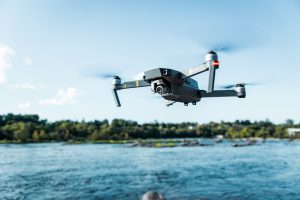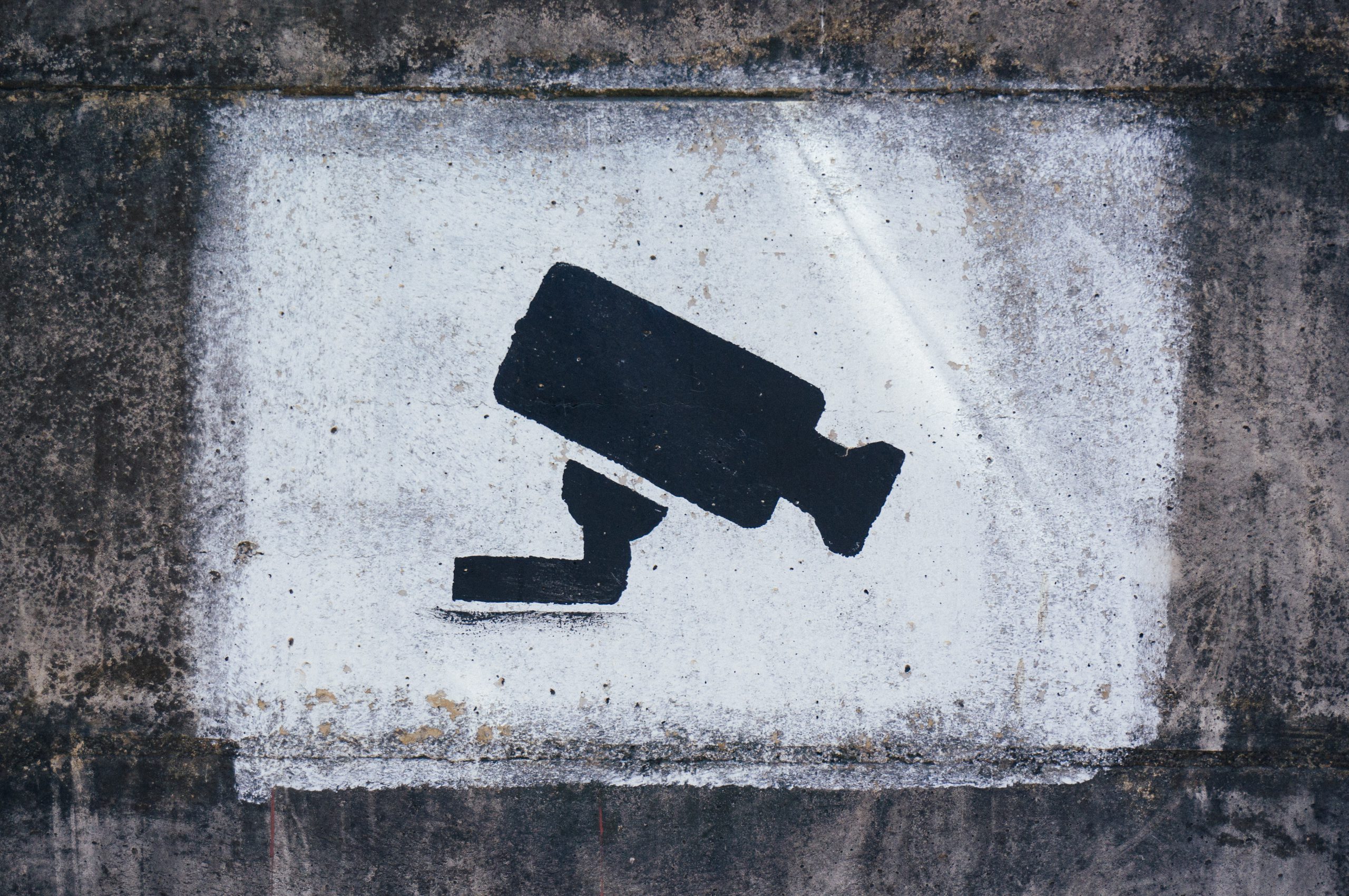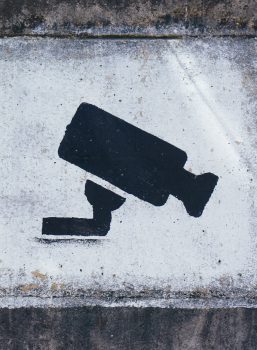How private is your privacy – you are surveilled!
 image courtesy: Unsplash
image courtesy: Unsplash
Working in the office, doing your house chores, walking with your pet outside or picking up our kids from the school; imagine being watched and spied at every step of your daily life. Horrifying, right – unfortunately its true and most shockingly, it’s happening!
The ai integrated cameras at the Kumbh mela, FRT usage at the Delhi riots and drones at the 2029-2020 farm law protest, in India nothing remains private anymore. Surveillance law of the country is heavily jeopardized and people are scrutinized on the basis of machine-driven results. Frt which has a very low-level accuracy rate, was being used and on its basis almost 2000 people were arrested at the Delhi riots 2020. Relying completely on technology and targeting people is unethical in all aspects. Face can mis-matched which leads to false recognition and thus a human being’s life can be in danger. False accusation is so heavily detrimental to the society.
 Image courtesy : Unsplash
Image courtesy : Unsplash
In order to Keep a tight vigilance over the public at 2021 Kumbh mela, ai enabled cameras were used to zoom-in on faces. Keeping the track of people not adhering to covid-19 protocols, the mechanism was used for public security, but to analyze in a deeper sense how much secure was the data that was derived conspicuously from the totally oblivion pilgrims. Was it not privacy-breach to collect facial data without the individual’s consent?
With having a constant eye on people’s behavior, location and daily activities digital surveillance has also escalated the ever-debatable notion of inequality and discrimination in India. The process becomes more fatal for the vulnerable group, such as women, children, Muslims and transgenders. No matter what they are easily targeted and hold accountable for things they are have no clue about. Random police arrests and humiliation just because their daily activities or behavior doesn’t fit into the algorithms installed in the machines as an ethical one, is so appalling! Datafication, which is mainly being introduced for better development in society and in organizations, is working in a radically opposite direction. In Democracy Hacked (2018) Martin Moore flagged an alarming message about the surveillance democracy as being a distortion of digital democracy.
For mass surveillance and datafication of every individual, India’s Adhaar card which is the world’s largest biometric-identity system, serves as the best example. The identity process which was mainly introduced aiming to have better access for the marginalized is ironically making them more marginalized. In the beginning, the card only had the finger-imprint and iris recognition connected with the card bearer. But then the government imposed several other aspects of the individual’s identity to be linked along with the card. Now the problem with the low-income group crawled in as the ration card got linked with Aadhar card, many were denied food due to faulty Aadhar card or technical distortions. Also, the Aaddhar system led to many duplications, which further escalated the loopholes of biometric-surveillance. Such pitfalls may result in identity crisis and chaos. How hysterically sad this can be; serving in a digital way to the poor who doesn’t even know about what a mobile phone is?
 Image courtesy : Unsplash
Image courtesy : Unsplash
Coming back to the topic of privacy, social media platforms can be rendered as the self-written identity proof by the individual, which you are quite ‘unknowingly’ yet ‘willingly’ providing to get hacked. Unlike the GDPR (general data protection regulation 2016/69) in the EU, a social media account can easily to be tracked in India. No matter how many privacies clause you chose while signing up for a platform, the data does get surveilled! As the uproar with the armers law took a drastic social media turn, the government took down almost more than half of the user accounts. This is an upfront violation the freedom of speech as well the freedom to protest.


